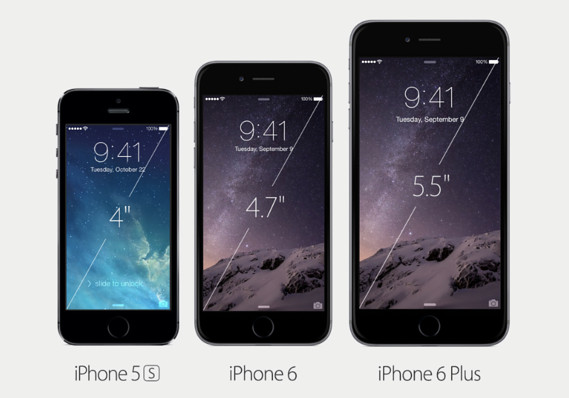Consumer Electronics
Huawei Moves Ahead Of Microsoft In Mobile Phone Market
Published:
As a sign of just how much of a failure Microsoft (NASDAQ: MSFT) has been after years and untold billions of dollars invested in mobile phones, Chinese company Huawei (The term “mobile phone” is defined as smartphones plus feature phones combined) bested the American company in the global market. And, another Chinese company, Xiaomi, is only slightly behind the huge U.S. software firm.
Microsoft disclosed in its most recent earnings report that it wrote down its investment in mobile phone maker Nokia by $7.6 billion.
In its Global Mobile Phone Vendor Shipments and Market Share in Q2 2015 study, Strategy Analytics reported Samsung continues to lead all competition with a share of 20.9% which translates into 89 million units. Apple (NASDAQ: AAPL) has continued to gain ground and had a share of 10.9% which is 47.5 units
The overall industry is in some trouble:
Woody Oh, Director at Strategy Analytics, said, “Global mobile phone shipments grew a lackluster 2 percent annually from 428.0 million units in Q2 2014 to 434.6 million in Q2 2015. Smartphones accounted for 8 in 10 of total mobile phone shipments during the quarter. The 2 percent growth rate of the overall mobile phone market is the industry’s weakest performance for two years, due to slowing demand for handsets in China, Europe and the US.
As for the leaders,
Neil Mawston, Executive Director at Strategy Analytics, added, “Samsung dipped 7 percent annually and shipped 89.0 million mobile phones worldwide, capturing 20 percent marketshare in Q2 2015. Samsung has stabilized volumes in the high-end, but its lower-tier mobile phones continue to face intense competition from rivals such as Huawei in Asia. Apple grew 35 percent annually and shipped 47.5 million mobile phones for 11 percent worldwide marketshare in Q2 2015. Apple outperformed as consumers in China and elsewhere upgraded to bigger-screen iPhone 6 and 6 Plus models.”
And, Microsoft’s challenges, Mawston added
“Microsoft shipped 27.8 million mobile phones and captured 6 percent marketshare worldwide in the second quarter of 2015. Microsoft’s 6 percent global mobile phone marketshare is sitting near an all-time low. Microsoft continues to lose ground in feature phones, while its Lumia smartphone portfolio is in a holding pattern awaiting the launch of new Windows 10 models later this year. Xiaomi shipped 19.8 million mobile phones and captured 5 percent marketshare worldwide in Q2 2015. Xiaomi remains a major player in the China mobile phone market, but its local and international growth is slowing and Xiaomi is facing intense competition from Huawei, Meizu and others. As a result, Xiaomi may struggle to hold on to its top-five global mobile phone ranking in the coming quarters.”
The data not only affirms Microsoft’s problem. It highlights what a massive success the iPhone 6 has been, and particularly in China, where management say it must do well to continue increased sales and earnings.. Apple is expected to release a new iPhone 6S, which should give the company a boost as it goes into the holiday, and another chance to gain ground on Samsung
Are you ahead, or behind on retirement? For families with more than $500,000 saved for retirement, finding a financial advisor who puts your interest first can be the difference, and today it’s easier than ever. SmartAsset’s free tool matches you with up to three fiduciary financial advisors who serve your area in minutes. Each advisor has been carefully vetted and must act in your best interests. Start your search now.
If you’ve saved and built a substantial nest egg for you and your family, don’t delay; get started right here and help your retirement dreams become a retirement reality.
Thank you for reading! Have some feedback for us?
Contact the 24/7 Wall St. editorial team.